
Calories Count When It Comes to Survival

No two people are exactly alike. Everyone is unique. That means our needs are different as well.
And that includes our calorie requirements. Because we all have different metabolisms, we burn energy at different rates. In addition, some of us are more physically active than others.
But we can still benefit by knowing what the “average” needs are for our gender. That way we can make informed decisions regarding approximately how many calories we should aim for.
According to the U.S. government, the average woman requires 2,200 calories per day. The average man needs 2,700.
The right kind of calories
The word “calories” has taken on somewhat of a negative context in recent years. When discussing food these days, we hear “too many calories” far more often than we hear “needed calories.”
And yes, too many calories can lead to unwanted weight gain. But too few calories can leave us weak and susceptible to other problems. There is also the issue of empty calories.
The key is to determine roughly how many calories you need per day. And try to stick with that amount under normal circumstances.
And just as important is the quality of food containing those calories. Even if you get the right number of calories, you could be putting the wrong types of food in your body.
What is a calorie?
Let’s step back and examine what calories are and why we need them. A calorie is a unit of energy.
When it comes to nutrition, calories refer to the energy people get from the food and drink they consume. As well as the energy they expend in physical activity.
Calories are crucial for our health. Your caloric requirements will be determined by your gender, age, size and activity level.
Unfortunately, people in the U.S. receive more than 10 percent of their calories from fast food. A food can be high in energy but low in nutritional value.
Lack of calories leads to breakdown
What would happen if suddenly you stopped taking in calories? Nothing good.
Your cells would die and your lungs and heart would stop working. Your organs would not be able to fulfill their functions.
Foods that feature a bunch of empty calories include those with solid fats and added sugars.
Such as ice cream, donuts, cookies and cakes. Plus hot dogs, bacon, sausages and pizza. As well as most fruit drinks, energy drinks, soda and alcohol.
Ignore the fad diets
Does it matter what time of day you consume your calories? The jury is still out on that one.
But a study from researchers at Tel Aviv University showed that a large, healthy breakfast (700 calories) actually helps people lose weight. And lowers their risk of diabetes, heart disease and high cholesterol.
Regardless of when you eat, what you eat is crucial. Some diets recommend getting rid of carbohydrates and fats.
Not a good idea. Carbs are necessary for energy. And fats help stabilize blood sugar and help you feel full.
More calories needed in a crisis
As mentioned, a factor when figuring out what and how much you should eat is your activity level.
If you have a sedentary life, you don’t need as many calories as those who engage in moderate exercise. And certainly not as many as those who have very active lifestyles and physically demanding jobs.
But if you’re suddenly in survival mode, you might need more calories than you normally consume. And you’ll want to conserve the ones you’ve consumed.
You will probably be walking more than normal – especially if you have to bug out – and it’s likely you’ll be doing more physical labor than usual.
Survival depends on calorie management
A big concern in a survival setting is losing calories too quickly that you’ve put into your body. If it’s cold, build a good shelter so that you don’t spend calories shivering at night.
Eating nutritious food and drinking clean water will also help you keep calories from burning up too soon. Contaminated food and water can cause diarrhea, which means calorie loss.
Fruits and vegetables are good for you. But don’t neglect animal-based products when you’re in survival mode. They will keep your calorie content levels up.
How you manage your calorie intake – and how you keep from spending those calories too quickly – could mean the difference between life and death in a crisis.
How much should I stockpile?
I probably don’t have to convince you that stockpiling survival food is a good idea. But the question becomes, how much?
Many emergencies last only a day or two. Having 72 hours’ worth of survival food for each family member is probably going to be enough in those situations.
But a crisis could push that length of time up to a week or more. Having at least seven days’ worth of survival food for everyone in your household would be beneficial.
And if a disaster strikes, grocery shelves will empty quickly. There’s no telling how long food supply chains will be disrupted. Planning ahead for a month to three months is the safe way to go.
And if a disaster strikes, grocery shelves will empty quickly. There’s no telling how long food supply chains will be disrupted.
Paul Bunyan strength even in a crisis
That's why we recommend having a hearty supply of survival food on-hand for emergencies like this. We even created a kit of all our most requested survival foods in 1 convenient kit.
Mac and cheese, mashed potatoes, real homemade chili with beef and just the right pinch of spices... these are the foods Americans grew up on and the ones we rightly label, "comfort foods."
Now, you can get all these mouth wateringly delicious foods in one must-have survival food package – with a staggering shelf life of up-to-25 years! This kit is perfect for every member of the family – especially your "picky eaters."
Plus, there's no bland "filler foods" and no skimpy servings here either. Just real, honest-to-goodness delicious food in generous helpings (even 100% real beef). This is the kind of food everybody loves and satisfies even the heartiest appetites.
Featured Products
- Regular price
- $699.95
- Regular price
-
- Sale price
- $699.95
- Unit price
- per
- Regular price
- $2,999.95
- Regular price
-
- Sale price
- $2,999.95
- Unit price
- per
- Regular price
- From $29.95
- Regular price
-
- Sale price
- From $29.95
- Unit price
- per
- Regular price
- $3,499.95
- Regular price
-
- Sale price
- $3,499.95
- Unit price
- per
- Regular price
- From $29.95
- Regular price
-
- Sale price
- From $29.95
- Unit price
- per
- Regular price
- $2,499.95
- Regular price
-
- Sale price
- $2,499.95
- Unit price
- per
- Regular price
- $499.95
- Regular price
-
- Sale price
- $499.95
- Unit price
- per
- Regular price
- $999.95
- Regular price
-
- Sale price
- $999.95
- Unit price
- per
- Regular price
- From $29.95
- Regular price
-
- Sale price
- From $29.95
- Unit price
- per
- Regular price
- $2,999.95
- Regular price
-
- Sale price
- $2,999.95
- Unit price
- per
- Regular price
- From $2,796.95
- Regular price
-
$8,390.95 - Sale price
- From $2,796.95
- Unit price
- per
- Regular price
- $4,999.95
- Regular price
-
- Sale price
- $4,999.95
- Unit price
- per
- Regular price
- From $129.95
- Regular price
-
$259.95 - Sale price
- From $129.95
- Unit price
- per
- Regular price
- $847.95
- Regular price
-
$897.95 - Sale price
- $847.95
- Unit price
- per
- Regular price
- $1,999.95
- Regular price
-
- Sale price
- $1,999.95
- Unit price
- per
- Regular price
- $279.95
- Regular price
-
- Sale price
- $279.95
- Unit price
- per
- Regular price
- From $69.95
- Regular price
-
- Sale price
- From $69.95
- Unit price
- per
- Regular price
- $29.95
- Regular price
-
- Sale price
- $29.95
- Unit price
- per
- Regular price
- $849.95
- Regular price
-
- Sale price
- $849.95
- Unit price
- per
- Regular price
- $249.95
- Regular price
-
- Sale price
- $249.95
- Unit price
- per
- Regular price
- $199.95
- Regular price
-
- Sale price
- $199.95
- Unit price
- per
- Regular price
- $129.95
- Regular price
-
- Sale price
- $129.95
- Unit price
- per
- Regular price
- $114.95
- Regular price
-
- Sale price
- $114.95
- Unit price
- per
- Regular price
- $69.90
- Regular price
-
- Sale price
- $69.90
- Unit price
- per
- Regular price
- $19.95
- Regular price
-
- Sale price
- $19.95
- Unit price
- per


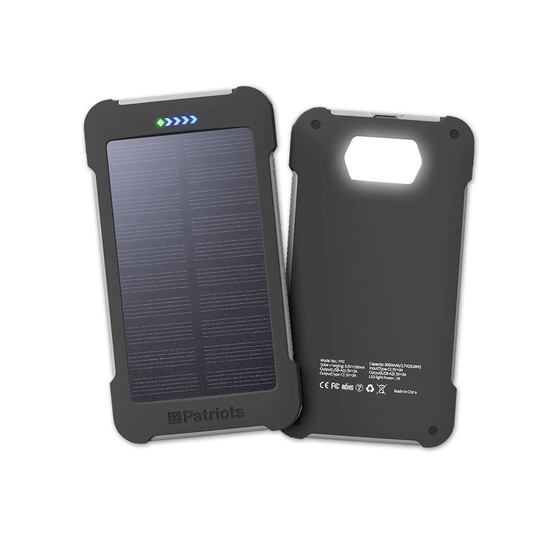
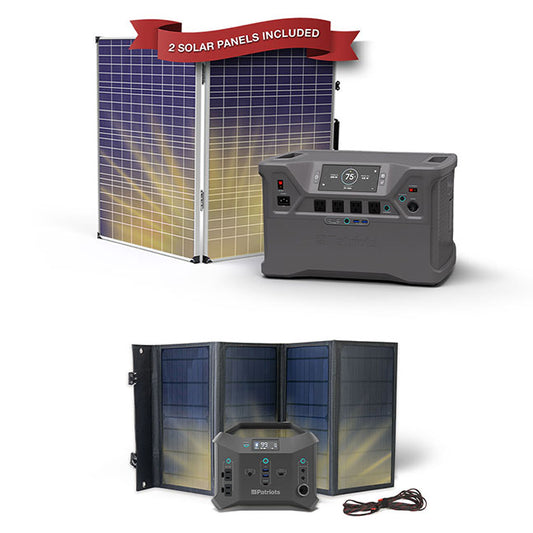

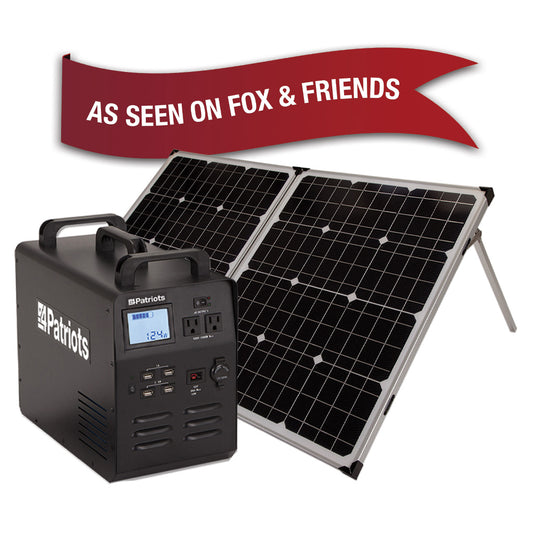
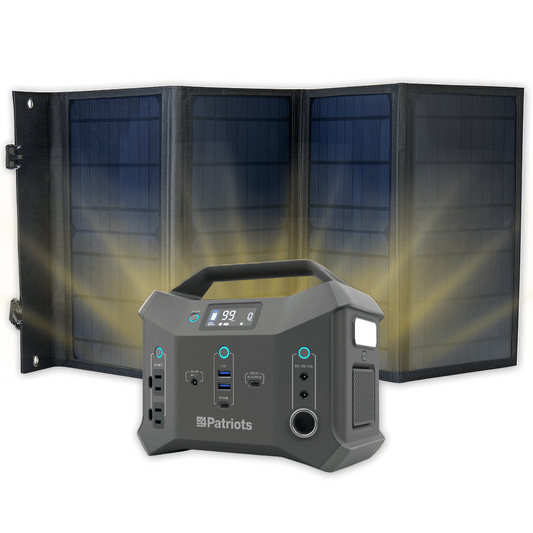
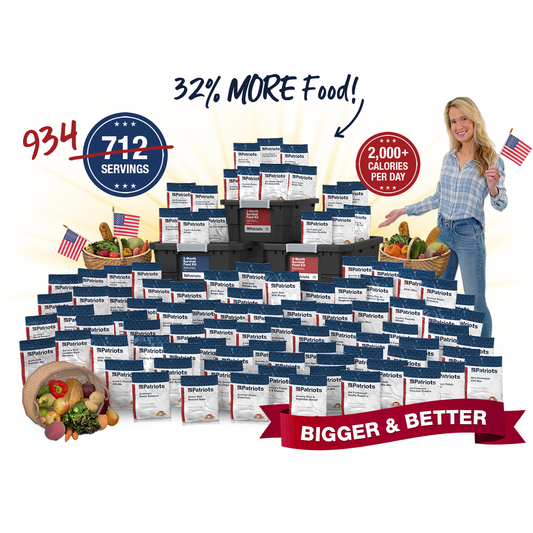
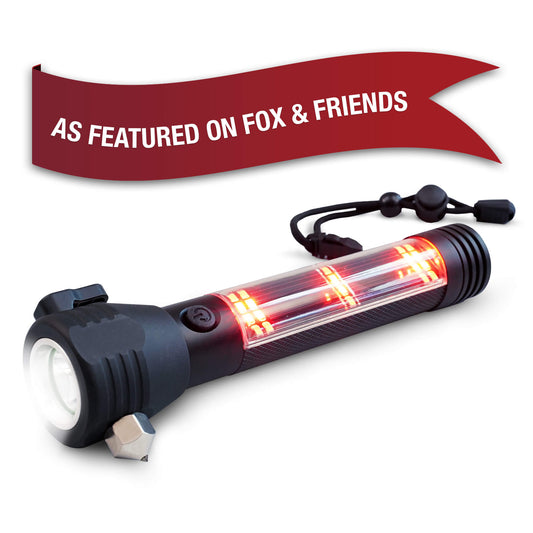
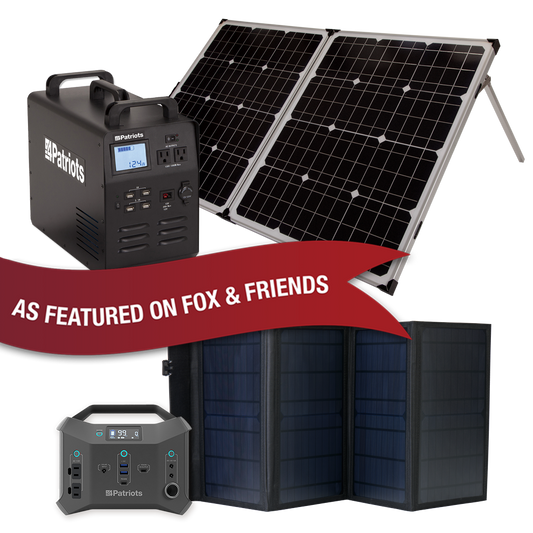
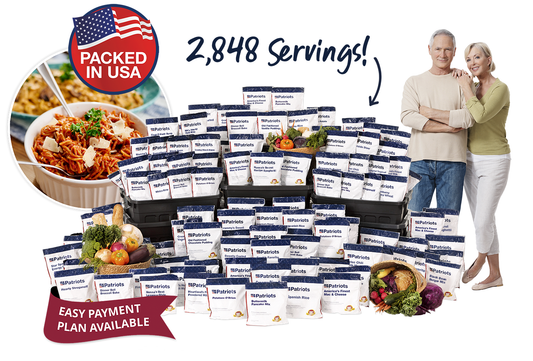
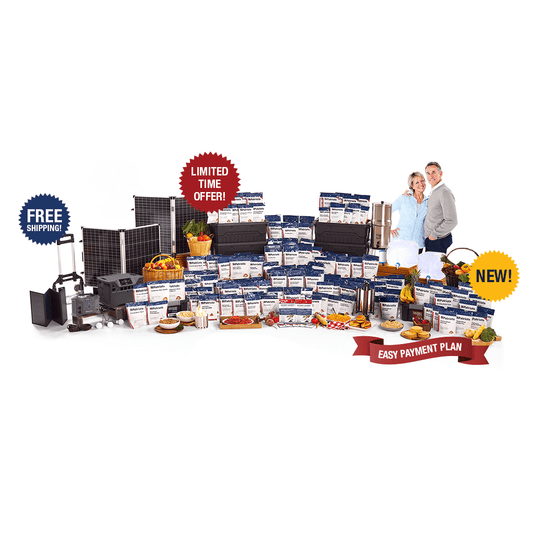
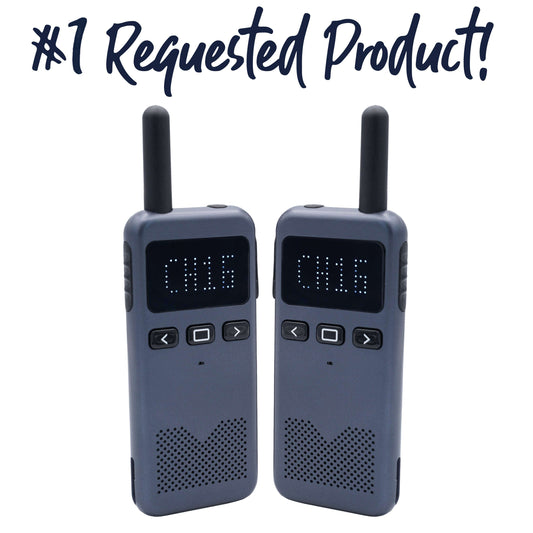
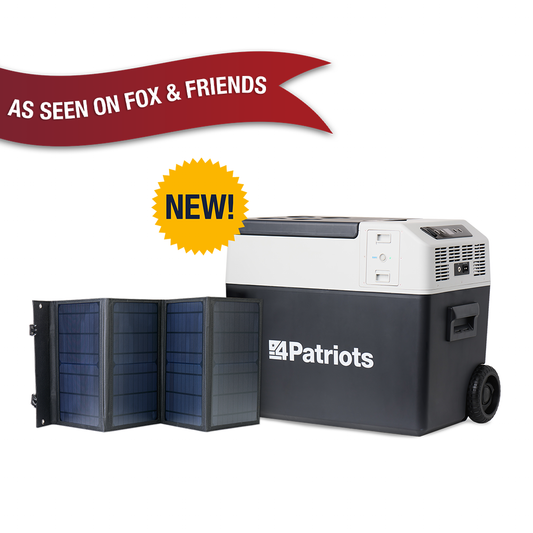
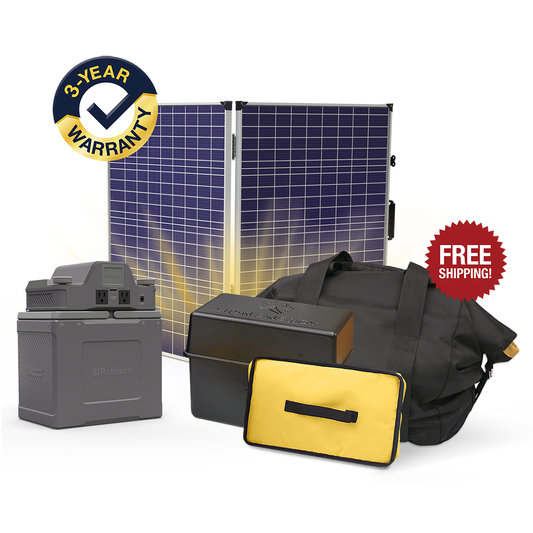
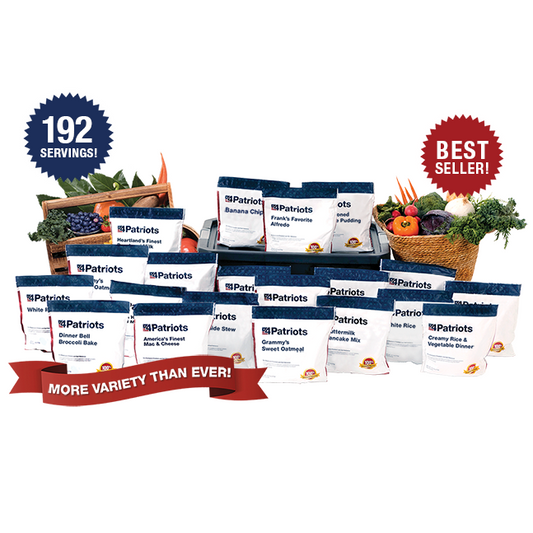
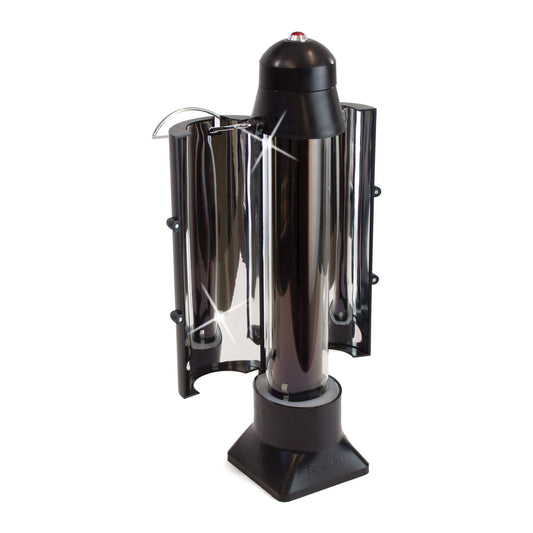
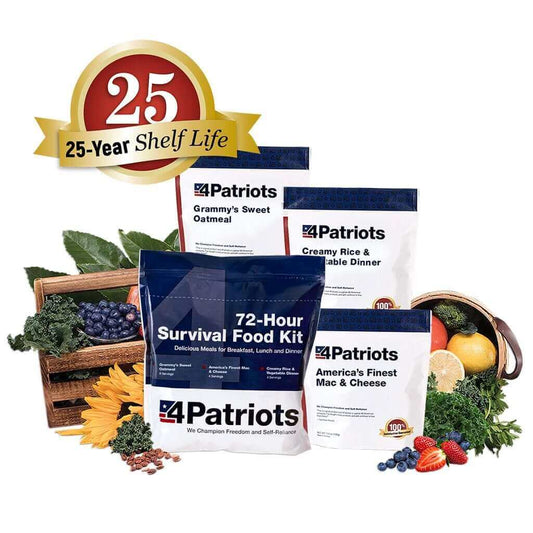
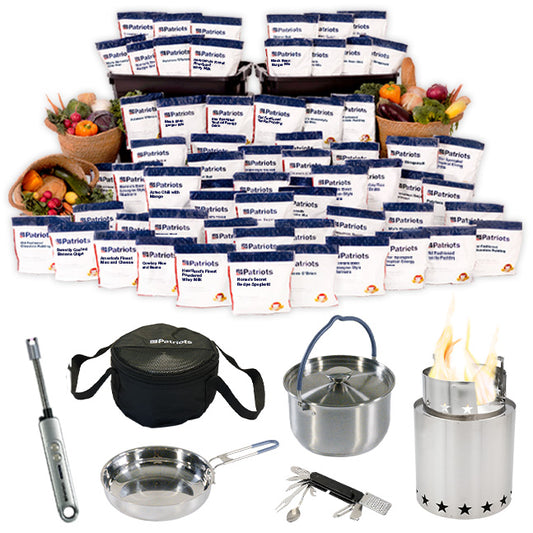
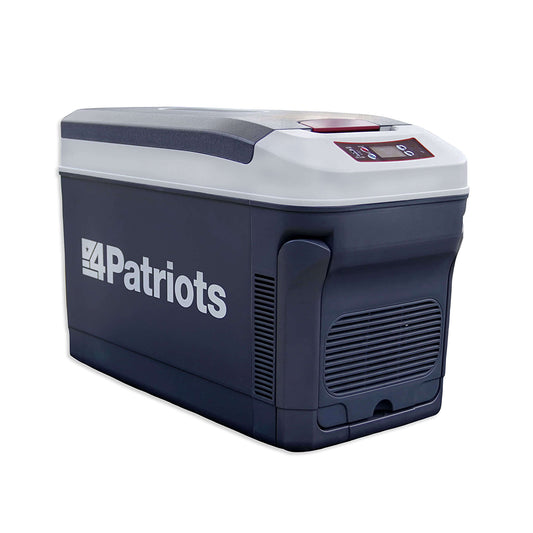
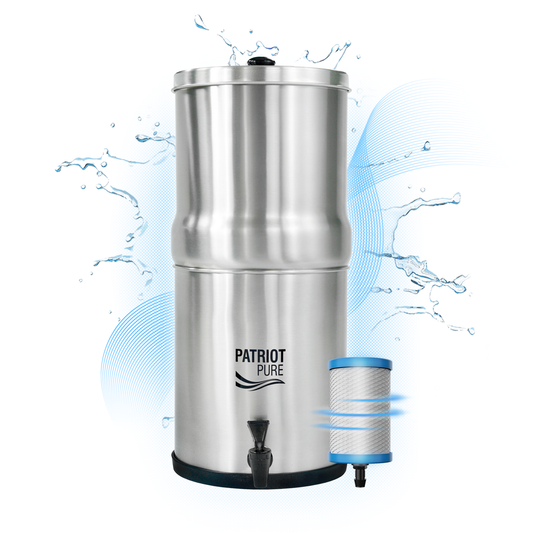
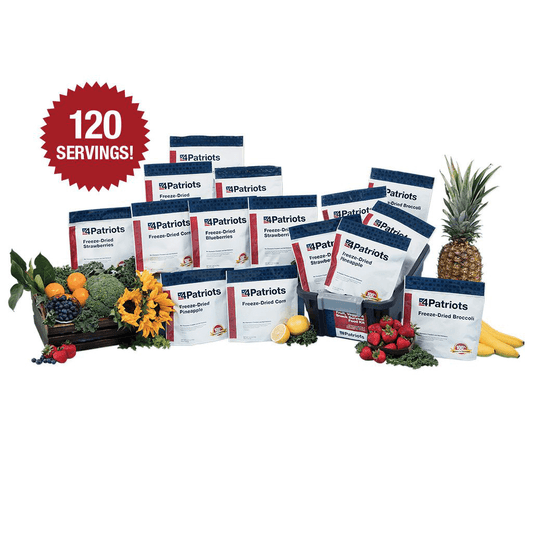
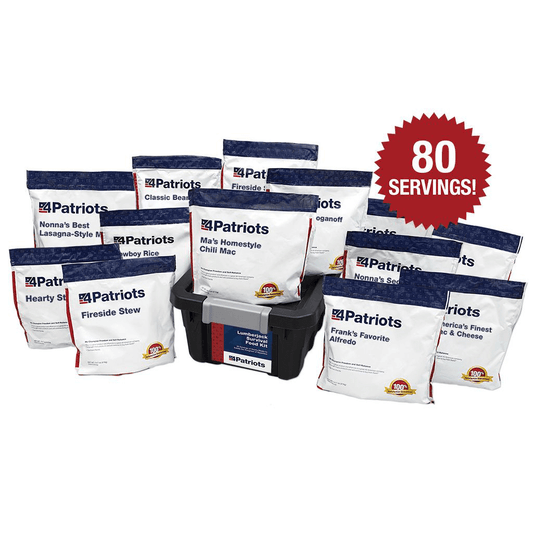

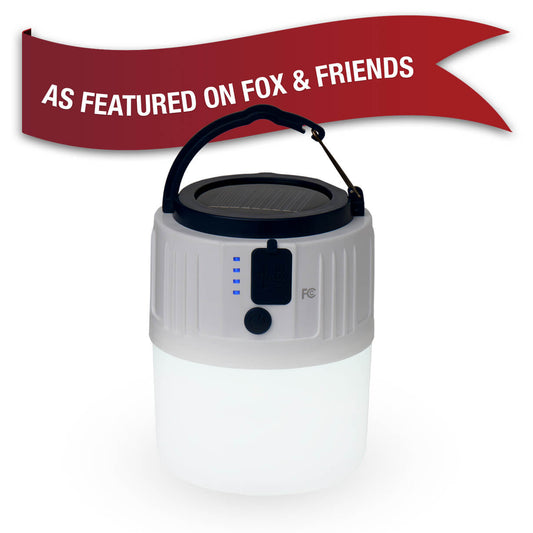
Comments
Thomas Eberts - February 25, 2020
Hellow blog readers!
I’m a blind user of a special android device called a Braillenote Touch Plus which provides me with email and internet access as well as other features and I wanted to let you know that some of the emails providing timely information on seasonal weather issues other preparedness and advice are very informative and wonderful. Keep up your valuable efforts.
Tom Eberts